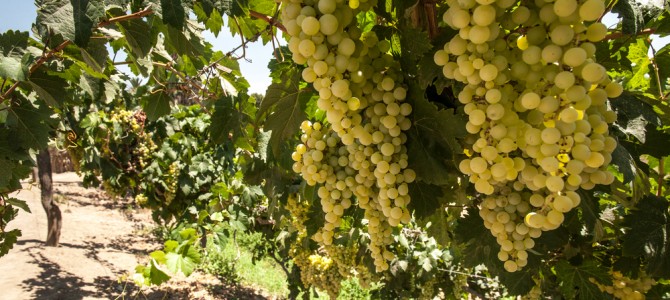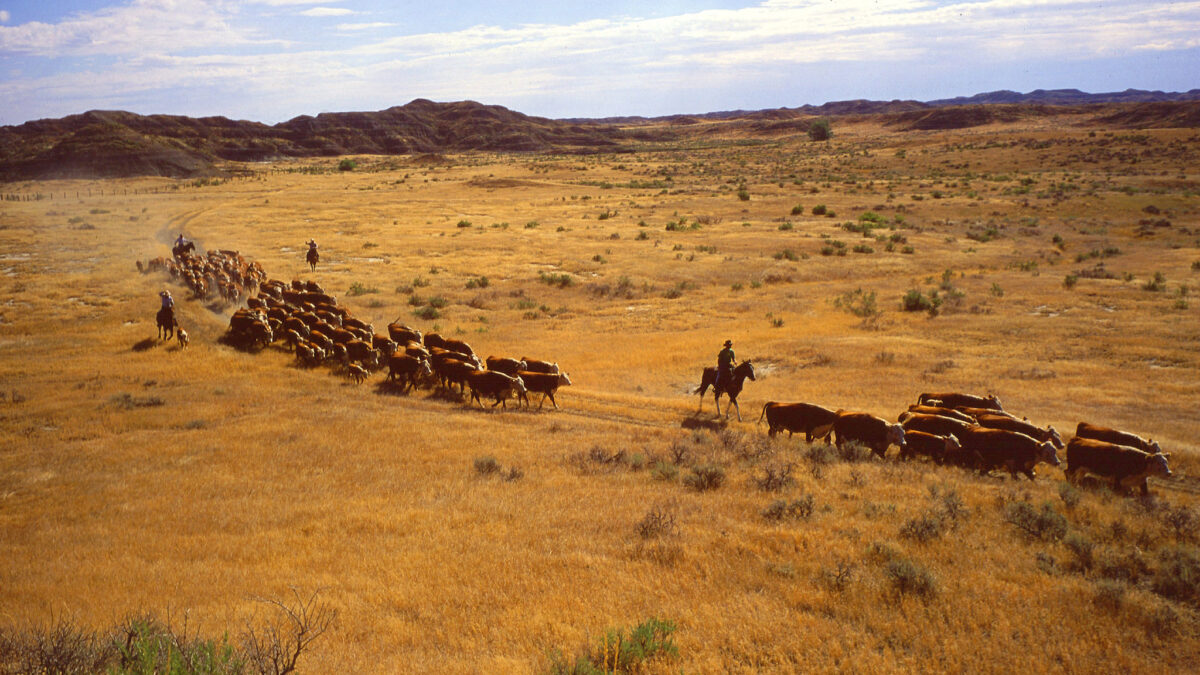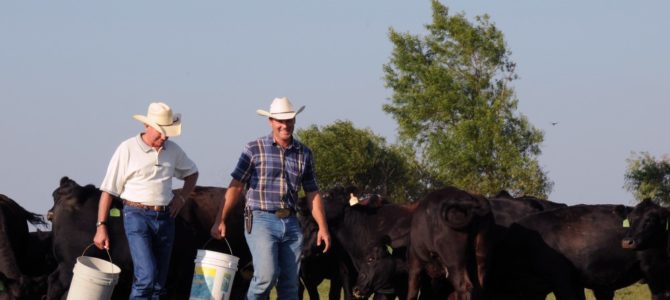
How would you like it if, after a year of planting, growing, and harvesting a crop, you learned the government would take 47 percent of your yield without any compensation or guarantee of future return? That was the dilemma Marvin and Laura Horne faced when federal trucks showed up at their farm to haul away tons of raisins. Unlike most growers, however, the Hornes decided not to let the government simply take the literal fruits of their labor, but instead to fight all the way to the Supreme Court—twice.
The Agricultural Marketing Agreement Act (AMAA) of 1937, a cockamamie New Deal program that nobody’s bothered to repeal, allows the U.S. secretary of agriculture to create commissions for certain agricultural products in certain geographical areas, and to approve “marketing orders” from those commissions. These marketing orders allocate a portion of the designated crop from all producers in the covered region for government control and disposition. In other words, they set aside part of farmers’ crops to do with as bureaucrats decide.
The Hornes’ crop was controlled by—we’re not making this up—the Raisin Administrative Committee. In 2002–2003, this committee ordered raisin growers to turn over 47 percent of their crop; the following year, 30 percent. The Hornes decided not to comply with the order when the federal government came to collect its “free” raisins. For their troubles, they received a fine in the amount of the “fair market value” of the raisins—nearly half a million dollars—plus a $200,000 penalty for their disobedience.
What the Raisin Decision Says
Horne v. Department of Agriculture first came to the Supreme Court on the question of whether the Hornes even had the right to claim that the government action was indeed a “taking” for “public use,” requiring the government to give the Hornes “just compensation” under the Fifth Amendment’s Takings Clause. The Supreme Court unanimously sided with the Hornes and remanded the case for lower-court review of that takings issue.
Now, two years after permitting the Hornes to escape a byzantine administrative purgatory and have their day in court, the Supreme Court sided with them again, declaring that raisins are “private property—the fruit of the growers’ labor—not ‘public things subject to the absolute control of the state.’ Any physical taking of them for public use must be accompanied by just compensation.”
Moreover, as Chief Justice John Roberts wrote for all of his colleagues save Justice Sonia Sotomayor, “[n]othing in the text or history of the Takings Clause, or our precedents, suggests that the rule is any different when it comes to appropriation of personal property [as distinct from real estate]. The Government has a categorical duty to pay just compensation when it takes your car, just as when it takes your home.”
What the Decision Means
Today’s Supreme Court decision has far-reaching implications for the continuation of all the New Deal-era agricultural price controls—which seem so bizarre that the Hornes’ case attracted more media attention than your typical regulatory challenge (or perhaps Jon Stewart just has a thing for nature’s candy).
Indeed, marketing orders exist across a cornucopia of agricultural products, including almonds, apricots, avocados, cherries (sweet and tart, respectively), citrus (Florida and Texas), cranberries, dates, grapes, hazelnuts, kiwifruit, olives, onions (four geographic designations), pears, pistachios, plums/prunes, potatoes (five geographic areas), spearmint oil, tomatoes, and walnuts—nearly 30 bureaucracies in total! The AMAA also permits the federal government to reach into the hops and honeybee industries. All of these schemes are at a minimum constitutionally suspect now, and likely would be invalidated if some brave plaintiff followed the Hornes’ example, stood in the way of government trucks, and fought the resulting fines in court.
The ruling also has implications for state and federal dairy schemes. The AMAA also regulates dairy production, with marketing orders reaching more than half the country. Dairy controls have been particularly contentious; they were even the underlying subject of the infamous United States v. Carolene Products, the 1938 case that bifurcated our rights and allowed governments at all levels to run roughshod over economic and property rights.
After Horne, some 80 years since the start of the New Deal, the government’s agriculture technocracy is finally drying up like a raisin in the sun.









